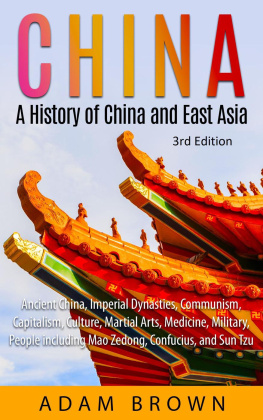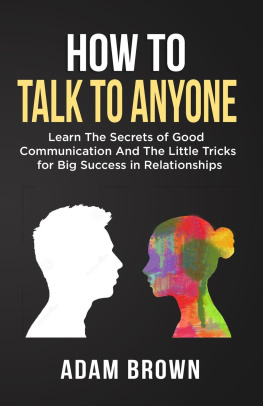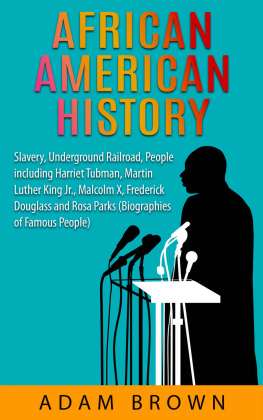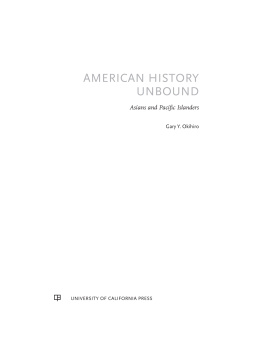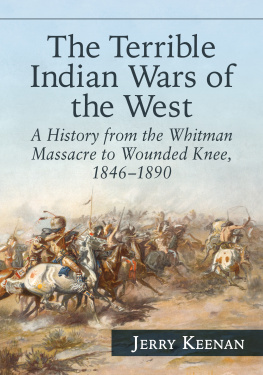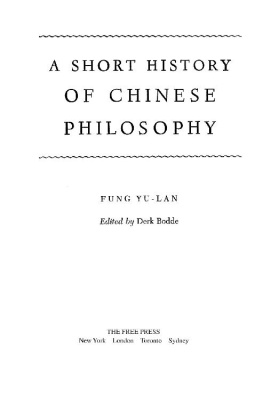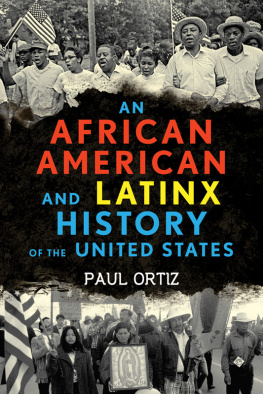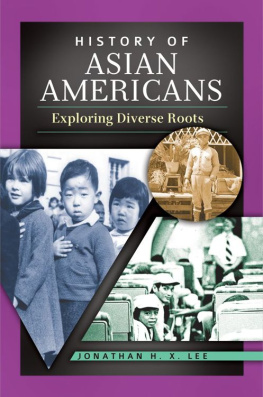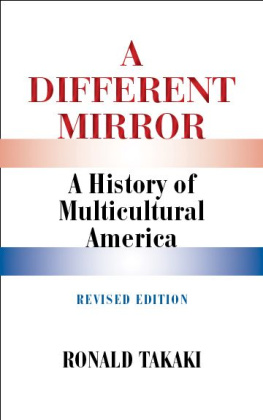WORLD HISTORY
Ancient History, United States History, European, Native American, Russian, Chinese, Asian, Indian and Australian History, Wars including World War 1 and 2 [2nd Edition]
Copyright 2016 by Adam Brown - All rights reserved.
This document is geared towards providing exact and reliable information in regards to the topic and issue covered. The publication is sold with the idea that the publisher is not required to render accounting, officially permitted, or otherwise, qualified services. If advice is necessary, legal or professional, a practiced individual in the profession should be ordered.
- From a Declaration of Principles which was accepted and approved equally by a Committee of the American Bar Association and a Committee of Publishers and Associations.
In no way is it legal to reproduce, duplicate, or transmit any part of this document in either electronic means or in printed format. Recording of this publication is strictly prohibited and any storage of this document is not allowed unless with written permission from the publisher. All rights reserved.
The information provided herein is stated to be truthful and consistent, in that any liability, in terms of inattention or otherwise, by any usage or abuse of any policies, processes, or directions contained within is the solitary and utter responsibility of the recipient reader. Under no circumstances will any legal responsibility or blame be held against the publisher for any reparation, damages, or monetary loss due to the information herein, either directly or indirectly.
Respective authors own all copyrights not held by the publisher.
The information herein is offered for informational purposes solely, and is universal as so. The presentation of the information is without contract or any type of guarantee assurance.
The trademarks that are used are without any consent, and the publication of the trademark is without permission or backing by the trademark owner. All trademarks and brands within this book are for clarifying purposes only and are the owned by the owners themselves, not affiliated with this document.
Table of Contents
Introduction
I want to thank you and congratulate you for purchasingthe book , World Histor y .
This book contains the history of the entire world, as we know it.
From the earliest periods of humanity to the modern age, history has long fascinated the public. There are many lessons to be learned from each country and each geographical location. Over the last several thousand years, countless empires and cultures have risen to great heights, only to be brought low, toppled by new civilizations. Each civilization has contributed to various human achievements, which we continue to learn as we progress into the future.
Thanks again for downloading this book, I hope you enjoy it! If you do enjoy it, can you please leave a review on Amazon? I would greatly appreciate it.
P.S. You can email me anytime at adambrownauthor@gmail.com and let me know what you think. I am open to suggestions and I will improve this book if it is necessary.
Chapter Ancient History
The ancient world is generally considered to have existed before the first century CE. A number of civilizations sprang up around the world, many of which stamped their own mark on history. This is a time steeped in legend and mythology, a time which still captivates and inspires us. Read on to discover some of the best-known cultures from ancient times.
Ancient Greece
Ancient Greece is perhaps one of the most famous civilizations from ancient times. Located in southeast Europe, and known as Hellas or Ellada in Greek, it is made up of the mainland and countless islands scattered across the Mediterranean. Ancient Greece saw the birth of astronomy, western philosophy (including Socrates, Aristotle and Plato), literature, mathematics, democracy and even the Olympic Games. Ancient Greece was much more scientific than what we may initially give it credit for: Democritus and Leucippus both put forth their theory of an atomic universe at this time. The Latin alphabet was born in Ancient Greece after the Phoenicians brought it into the country. And dont forget Archimedes who was a pioneer in engineering and physics.
The mainland of Greece is enveloped by the Mediterranean Sea on three sides, with several clusters of islands grouped together. These include the Cyclades, the Dodecanese, the Ionians, Crete and the peninsula area called the Peloponnese. All of these areas had their own identities and cultures at one time before they were grouped into one culture in Ancient Greek history.
The landscape of the country had a deep impact on the culture and identity of Ancient Greece. It had few natural resources on land and was enveloped by water to such an extent that the ocean provided much in the way of resources. Around eighty percent of Greece is actually made up of mountains. The small rivers and streams provide water only suitable for growing crops. As a result, the earliest Greeks took to the sea, establishing colonies on the various islands along modern day Turkey, known in antiquity as Asia Minor. The Ancient Greeks developed a reputation as great seafarers and merchants who traded raw construction materials. From them came great artists who created some of the most awe-inspiring buildings and monuments in history.
Ancient Greek history is usually divided into several eras. During the Paleolithic era the country was already inhabited by people, as indicated by evidence that was found at the Franchthi and the Petralona caves. During the Neolithic era (c. 6,000 2,900 BCE), Greece established various small permanent settlements. Also, it began the domestication of animals and the process of agriculture. The archaeological record at places such as Sesklo, Thessaly and Macedonia in northern Greece suggests that there was an exodus from Anatolia, which can be seen mostly in the distinct styles of pottery that were found in Neolithic Anatolia. Those who lived in northern Greece were the first farmers in the country because this area was much more suited to agriculture than the rest of Greece. Houses here were typically one story high with a single room and a wooden roof.
The Cycladic Civilization (3,200 1,100 BCE) developed within the islands located in the Aegean Sea. Various islands including Delos, Paros and Naxos show the first sign of continuous human occupation in this area. At this time, both residential and religious Greek buildings were constructed with stone. The people are known to have relied on trading and fishing to survive. This era is separated into three sub-periods: the Early Cycladic, the Middle Cycladic and the Late Cycladic Period. Through all of these periods, there was a progression in complexity for the arts and the construction of buildings. The Middle Cycladic and the Late Cycladic Periods corresponded with the Minoan period, in which the two finally combined with no recognizable difference.
The Minoan era (2,700 1,500 BCE) began on the island of Crete, which is located in the south near the countrys borders. The culture that flourished here was named Minoan by the famous archaeologist, Sir Arthur Evans. He discovered the Minoan palace of Knossos at the turn of the 20 th century, which was named after the renowned ruler of Crete, King Minos. We do not know what the people here called themselves. What we do know, however, is that the civilization on Crete progressed rapidly.
One of the earliest writing systems was developed on the island of Minoan Crete. Known to the world as Linear A, this language has still not been deciphered. We also know that the people were great ship builders, skilled artists, scientists and formidable fighters. Numerous ancient historians, including Thucydides, name Minos as the first Cretan king to create a naval power that enabled him to conquer and colonize the Cyclades. The archaeological record suggests that the Minoans overused the natural resources of the island and caused deforestation. It is generally understood that they were eventually defeated by the Mycenaeans. There also occurred a volcanic eruption at modern day Santorini (known in antiquity as Thera), somewhere between 1650 1550 BCE. The volcano resulted in a massive tsunami that caused the destruction of this great civilization. Some theorists suggest that this is what eventually provided the inspiration for Platos Atlantis.

![Adam Brown World History: Ancient History, United States History, European, Native American, Russian, Chinese, Asian, African, Indian and Australian History, Wars including World War 1 and 2 [2nd Edition]](/uploads/posts/book/308581/thumbs/adam-brown-world-history-ancient-history-united.jpg)
